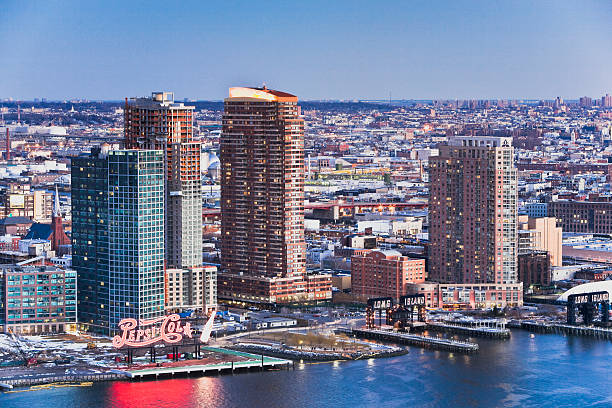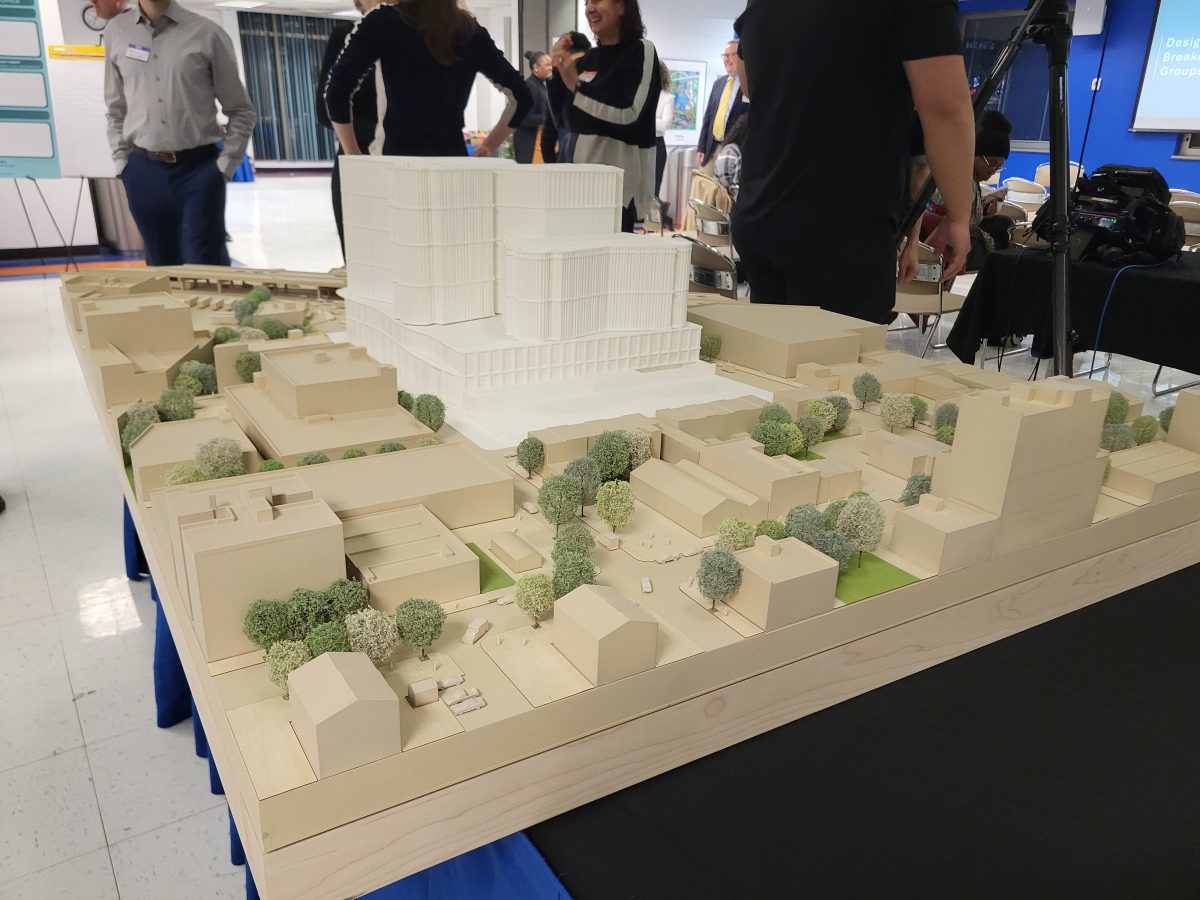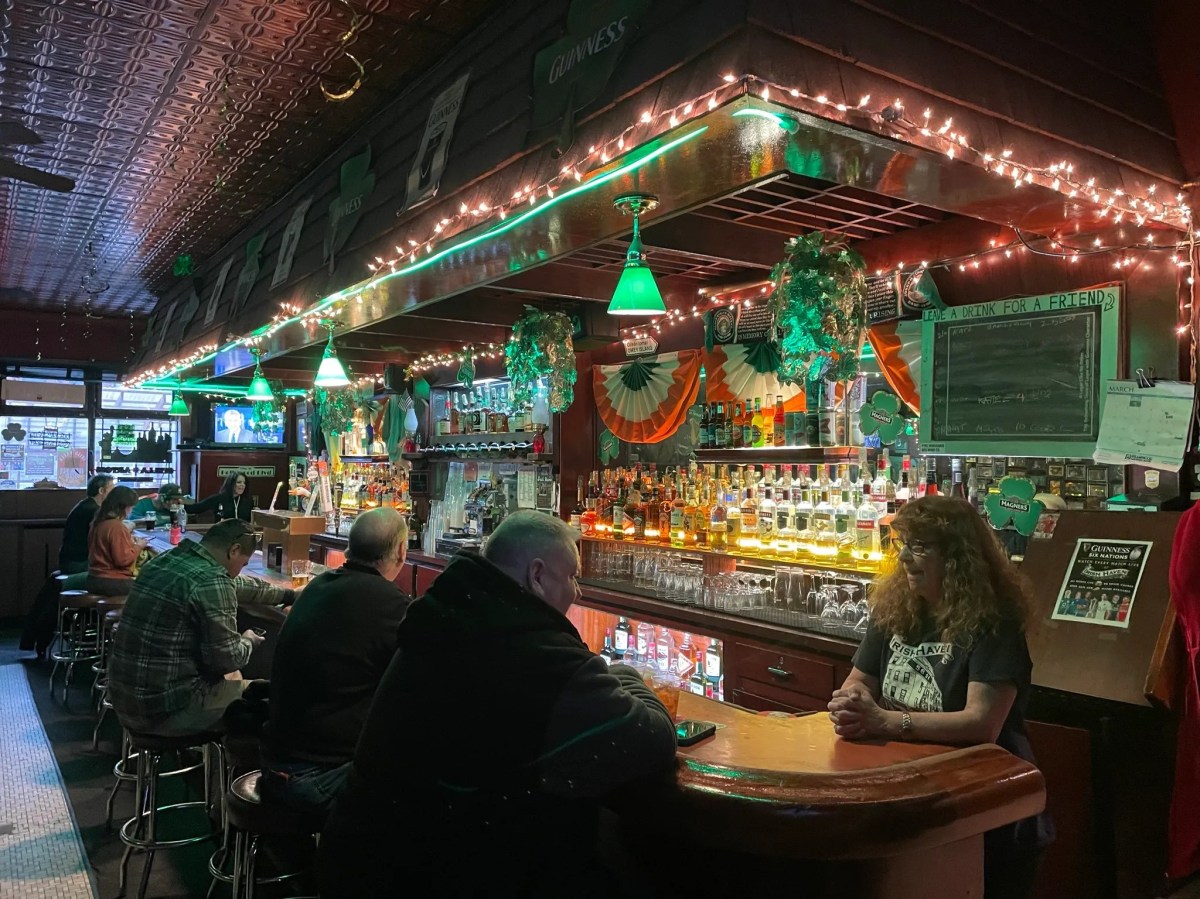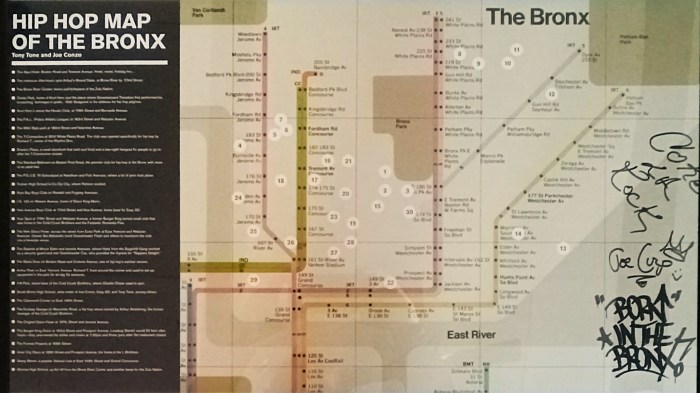
Williamsburg tenants filed a lawsuit Sunday alleging that Kushner Cos. flouted construction laws — including provisions for containing lead paint particles — as part of a campaign to force out rent-stabilized residents and convert the Austin Nichols House into luxury condominiums.
More than a dozen current and former residents of the 184 Kent Ave. building filed a complaint digitally, which asks the court to compel Kushner Cos. to abide by construction regulations and compensate the plaintiffs with at least $10 million.
Shortly after Kushner Cos. purchased the building in 2015, workers allegedly began gut renovating the vast majority of its 338 rent-stabilized apartments, according to The Associated Press, which first reported on the lawsuit. About three years later, nearly 75 percent of the building’s rent-stabilized units were emptied or sold, with sales totaling more than $155 million, the AP reported.
“Kushner Cos. had a huge incentive to push tenants out of their apartments,” said Aaron Carr, executive director of the Housing Rights Initiative group that investigated the construction at Austin Nichols House and worked with the Law Offices of Jack Lester, which is representing the residents.
Kushner Cos., which is run by the family of President Donald Trump’s son-in-law Jared Kushner, did not immediately respond to a request for comment.
Around April 2015, Kushner Cos. filed paperwork with the attorney general’s office outlining its plans to sell 338 condominium apartments within the Austin Nichols House, according to the complaint.
Within a few months, workers were on site, but according to the complaint, they did not have proper permits for their tasks.
As workers removed walls, plumbing and ceilings and focused on the building’s facade, residents said they encountered dust in their kitchens and elsewhere, sporadic flooding, exposed electrical wiring, a gas leak, frequent and blaring alarms and other unsafe and unregulated work, according to the complaint.
Despite residents informing their landlord about these conditions in 2015, their concerns were not addressed, according to the complaint.
Then an industrial hygienist company commissioned by the tenants in 2018 found dust permeating apartments and common areas contained harmful levels of lead and crystalline silica, which is linked to serious respiratory ailments, including cancer, the complaint said.
“As a result of the lack of enforcement, children were exposed to cancer-causing materials,” Carr said.
The Austin Nichols House’s owners falsely said the building was not occupied when applying for permits with the city’s Department of Buildings, according to the complaint.
The city Department of Buildings said it was examining Kushner Cos.’ properties after the Housing Rights Initiative announced in March that it believed the real estate company inaccurately indicated nobody lived in buildings when filing applications with the department, according to the Daily News.
“Somehow, despite their open investigation, it appears they continue to miss egregious and obvious violations that are clear as night and day,” Carr said. “Hopefully the Department of Buildings will conduct a more comprehensive investigation going forward.”
The city Department of Buildings said its staff has inspected 184 Kent Ave. dozens of times since 2015 and found no evidence that city construction rules were violated.
In April 2018, the department said it looked into a complaint that a form for a permit at the building contained false information and determined the paperwork was filled out correctly.


































